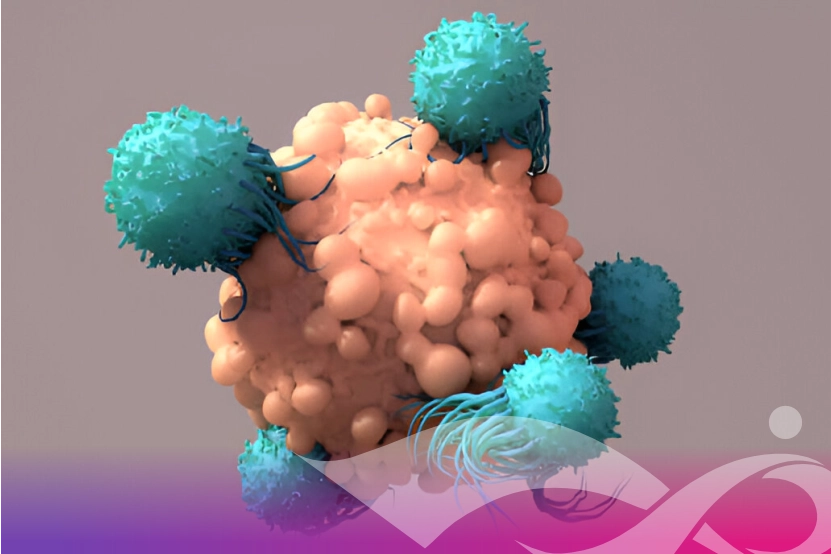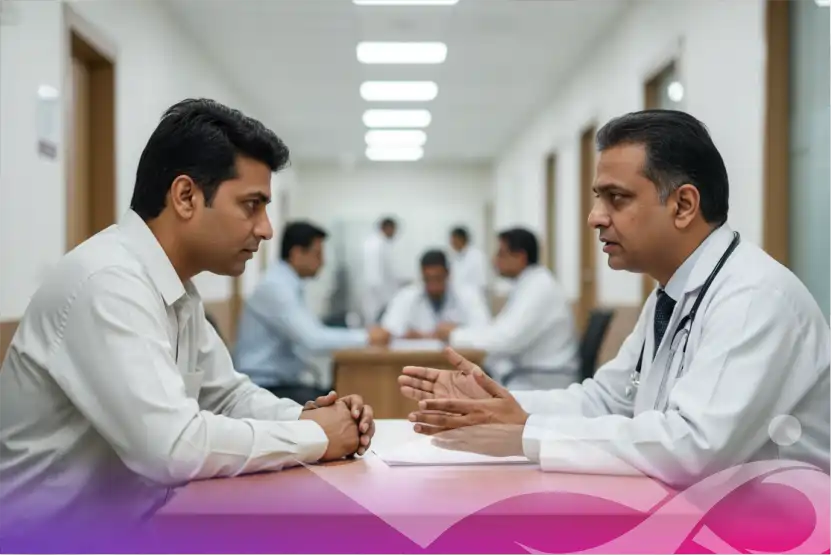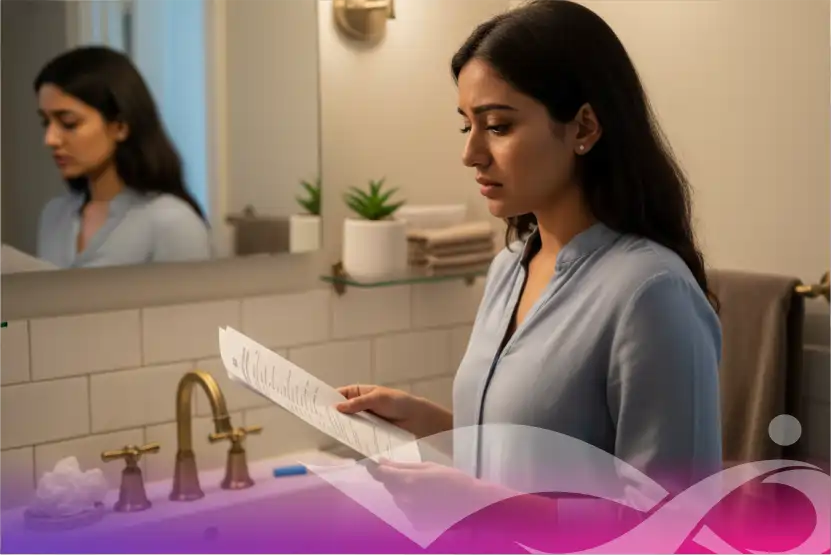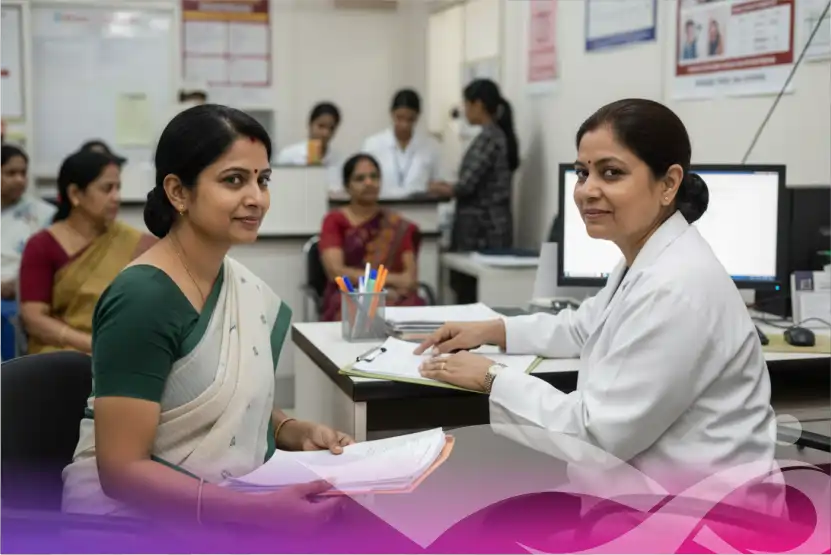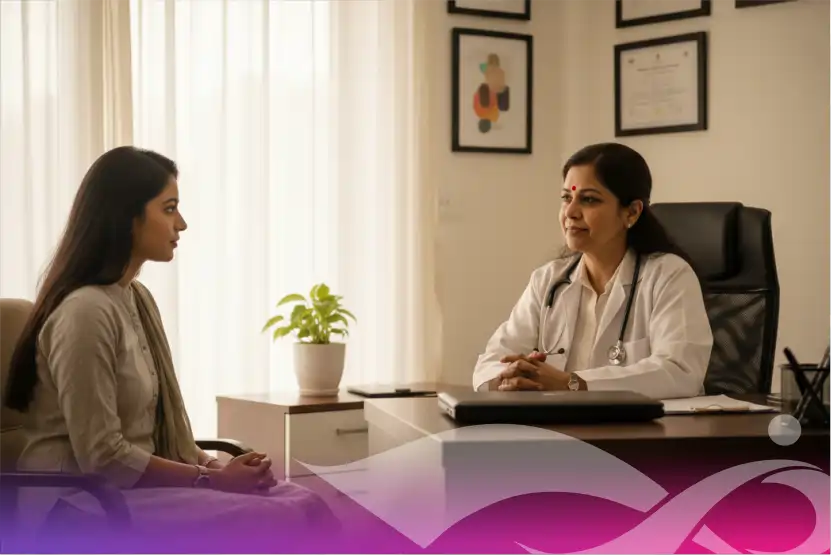When someone is diagnosed with bladder cancer, the first feeling is rarely fear.
It’s confusing.
“What happens next?”
“Will I need surgery?”
“Will it affect how I live every day?”
At IOCI, we believe that the first step in treatment isn’t a test or a scan—it’s a conversation. This blog is about that conversation. Whether you’re a newly diagnosed patient or a family member trying to understand the path ahead, here’s what to expect—honestly, and without the jargon.
Step 1: Diagnosis and Staging
Before we talk about treatment, we need to know exactly what we’re treating.
Bladder cancer comes in different forms—some are superficial (non-muscle invasive), others grow deeper (muscle-invasive).
We find this out through:
- Urine tests and cytology
- A procedure called cystoscopy (using a small camera to look inside the bladder)
- Imaging scans
- A biopsy
At IOCI’s Best Diagnostic Testing Centers, these steps are handled with speed, clarity, and comfort in mind—because waiting shouldn’t be the hardest part of your journey.
Step 2: Treatment Options—What You Might Need
Once we understand your cancer type and stage, we create a treatment plan that fits your condition, your body, and your life.
Surgery
- TURBT (Transurethral Resection of Bladder Tumor) – for early-stage cancers; no cuts, done through the urinary tract
- Cystectomy (partial or full bladder removal) – for deeper tumors
- Reconstruction options (like neobladder or urostomy) are discussed in advance
“Many of our patients return to work and normal life after recovery—even after full bladder removal,” says a uro-oncosurgeon at IOCI Indore.
Intravesical Therapy
This is a non-surgical treatment where medication (like BCG) is delivered directly into the bladder after TURBT.
It’s common for early-stage cancers to prevent recurrence and is done on an outpatient basis.
Radiation Therapy
We use Image-Guided Radiation Therapy (IGRT) to target cancer with high precision, especially in patients who can’t undergo surgery or need post-op treatment.
It’s painless, non-invasive, and highly effective when timed correctly.
Chemotherapy or Immunotherapy
For advanced bladder cancer or when cancer spreads, systemic therapies are introduced:
- Chemotherapy helps shrink or control tumor spread
- Immunotherapy for cancer patients activates the body’s immune system to fight cancer cells
IOCI teams ensure that side effects are managed with care and that patients are supported with nutritional and psychological help throughout.
Step 3: Recovery and Ongoing Care
Recovery is more than healing stitches. It’s about regaining energy, appetite, and confidence.
That’s why our care includes:
- Healthy diet for cancer recovery designed by oncology nutritionists
- Pelvic physiotherapy or urology rehab if needed
- Regular follow-ups and bladder monitoring
- Mental health support for both patient and caregiver
Real Story: “It Wasn’t the Treatment I Feared—It Was Not Knowing”
Rakesh, 64, came to IOCI Noida with recurring UTI symptoms. Tests revealed early-stage bladder cancer. He underwent TURBT followed by intravesical therapy.
“I didn’t know bladder cancer could be treated so simply,” he says. “The fear went away once someone explained the plan.”
Every step of your journey is handled with care at: IOCI Noida, Greater Noida, Mumbai, Indore, Aurangabad, Agartala, Saharanpur, Kanpur and Jodhpur.






